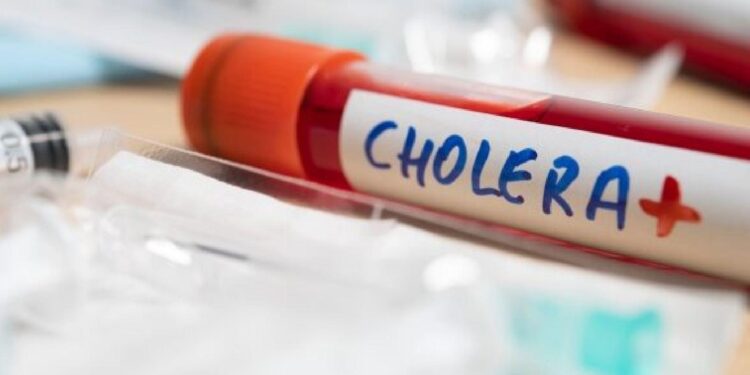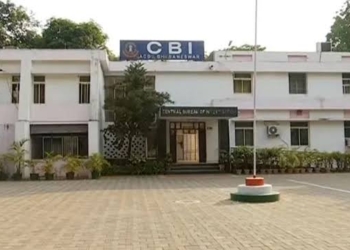Odisha is grappling with a cholera and diarrhoea outbreak that has reached epidemic proportions, affecting six districts—Jajpur, Keonjhar, Cuttack, Kendrapada, Bhadrak, and Dhenkanal.
The epicentre, Jajpur, has reported seven deaths and over 260 patients currently undergoing treatment for acute diarrhoeal symptoms. Health officials confirmed that the situation is no longer contained, as cases continue to rise and new clusters emerge.
A central medical team has confirmed the presence of Vibrio cholerae, the bacteria responsible for cholera, in water and stool samples from Jajpur. In response, the district administration has ordered the temporary closure of hotels, food stalls, and meat shops in high-risk zones such as Binjharpur, Vyasanagar, Dharmasala, and Bari for two weeks to curb transmission.
A fresh cluster of cases has also surfaced in Cuttack district’s Tangi-Choudwar block, where at least 15 individuals from Sundari village have been hospitalized. The district health department has heightened surveillance and water-testing efforts across the region to prevent further spread.
Odisha Health Secretary Aswathy S. visited affected areas in Jajpur on Monday to assess the situation and led a review meeting with local officials, health workers, and rapid response teams. The public has been strongly advised to avoid consuming street food, drink only boiled or purified water, and seek immediate medical attention if they experience symptoms like vomiting, fever, or loose motion.
The situation in Jajpur remains critical, with daily reports of new infections. While no fatalities have yet occurred in other districts, authorities warn that if the source of contamination isn’t swiftly addressed, the outbreak could spread statewide. Emergency measures—including enhanced water quality monitoring, deployment of rapid response units, and preparation of additional hospital beds—have been initiated in all affected districts as a preventive strategy.





























